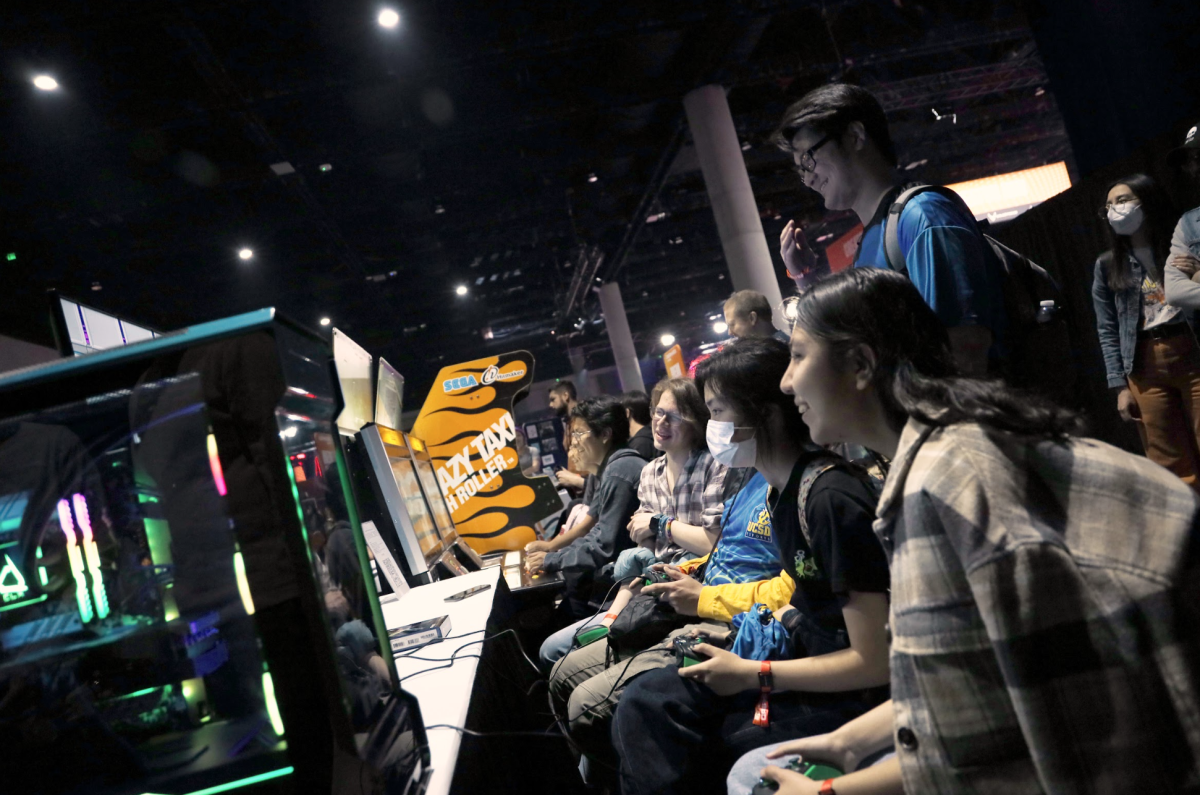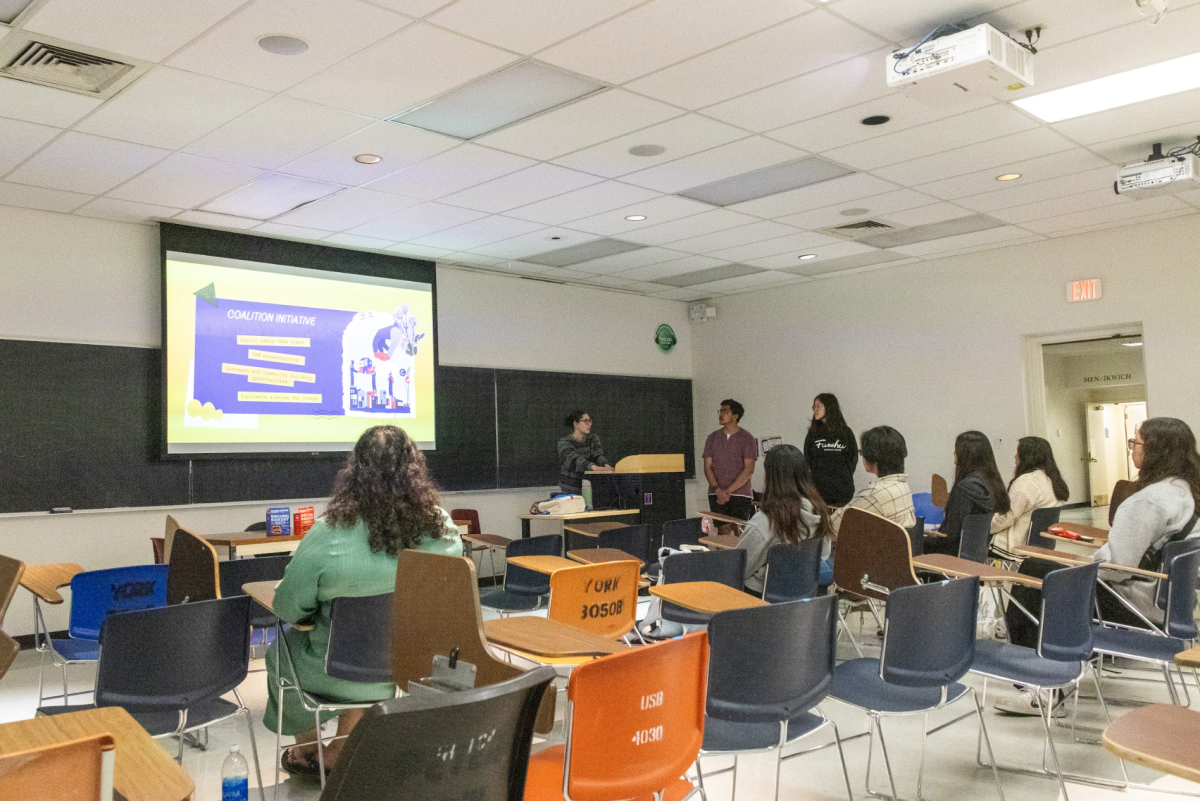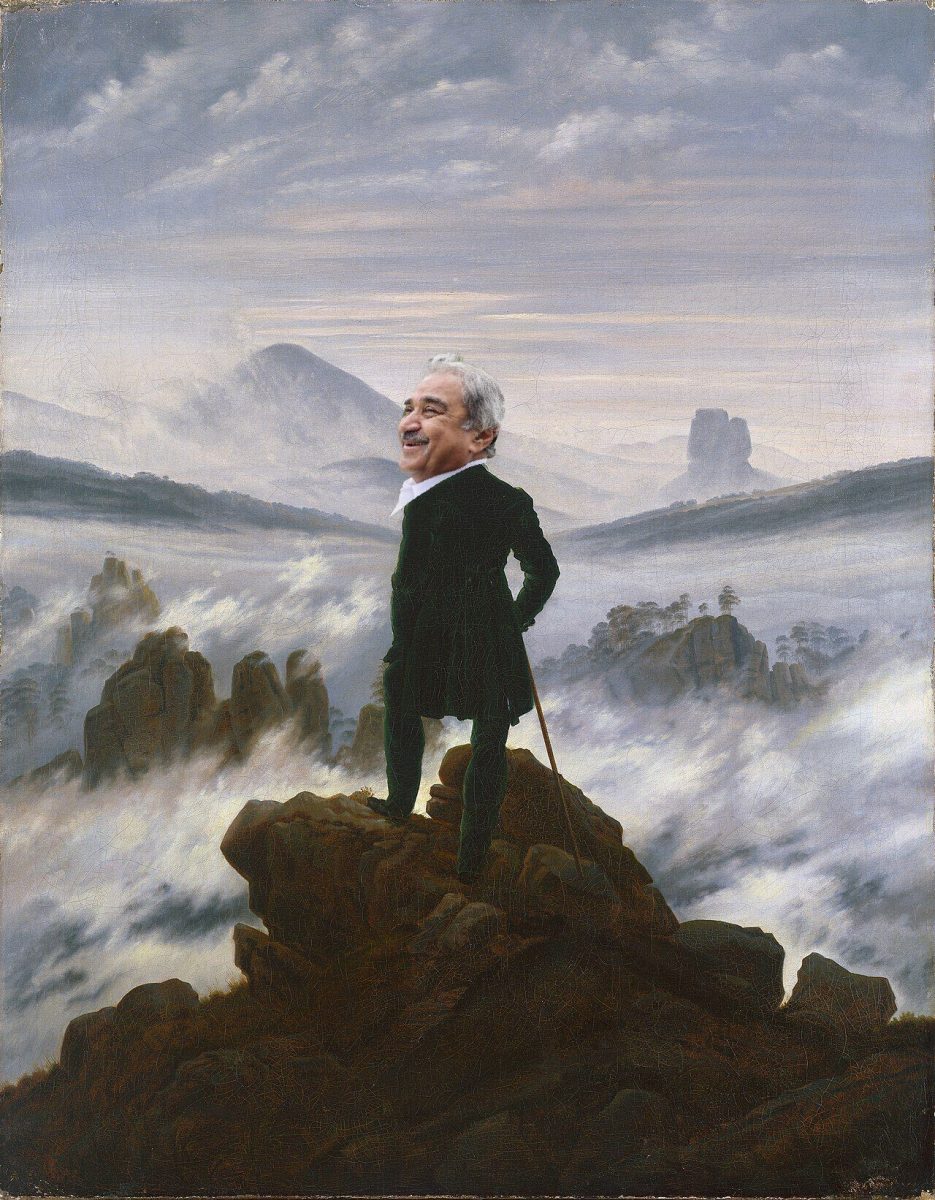The media have been relentless in their coverage of the Sept. 11 terrorist attacks on two of our country’s most famous cities.
Last week’s incidents are not unique; other countries have been targets of terrorism as well. The result of the attack on the World Trade Center and the Pentagon, however, will put the fight against terrorism at the top of America’s list of priorities. Experts and pundits have been weighing in on the subsequent events, and we at UCSD are fortunate to have many faculty members knowledgable in the field of terrorism and international conflict.
“”We are now engaged in a coalition, an effort to build an international fight against terrorism,”” said Susan Shirk, a professor of political science at UCSD’s Graduate School of International Relations and Pacific Studies. “”It will help build a common ground between countries like China and Russia.””
There have been solicitations for blood donations and funds for relief. Shirk said she believes that it is now crucial to show tolerance and a sense of patriotism, one that does not target any specific group. In addition, she said, the United States should reach out internationally, particularly to countries such as Pakistan and China.
However, UCSD political science professor Sanford Lakoff is skeptical about the effectiveness of an international coalition and doubts the validity of U.S. Secretary of State Colin Powell’s emphasis on diplomacy.
Efforts to create an international coalition against terrorism are not new. They first began during the Gulf War, but dissolved soon afterward. Lakoff sees any attempts at creating a united force against terrorism as an illusion because many countries, such as Saudi Arabia, Pakistan and Syria, already support or are sympathetic to terrorists. Even France, with its history of U.S. support, has assisted such individuals as Saddam Hussein, he said.
“”If we’re concerned about getting terrorism, are we going to go after everybody?”” Lakoff asked.
He cited examples such as the Hamas Palestinian terrorist group in Saudi Arabia, which sponsors acts against Israel.
“”I don’t know what it means to declare war on terrorism . . . [or] whether it’s practical,”” Lakoff said.
Lakoff argued that descriptions of the terrorist attacks has been problematic as well, particularly comparisons to the Japanese attack on Pearl Harbor. He acknowledges that in terms of casualties, last week’s attack is unprecedented, but says that drawing analogies with the “”date which will live in infamy”” with what occurred on Sept. 11 is inaccurate.
He explained that Pearl Harbor was a completely different situation wherein one sovereign state attacked another, and that both sides were aware of who the enemy was and that future battles would result. Today, he continued, we do not know who the enemy is and it is not clear if this is, in fact, a war.
Thus, Lakoff argues, President George W. Bush’s description of the event as “”the first war of the 21st century”” and similar rhetoric is deceptive. Lakoff said that terrorism must be understood as a form of low-intensity warfare.
“”I think [politicians] are hoping that by talking this way, they’ll bring a consciousness that this is a great crusade and everyone should join in,”” Lakoff said. “”In the absence of an operational plan, it is just feel-good propaganda.””
The government’s response has been appropriate and Bush has shown good leadership and has a unified country supporting him, which makes the situation easier, Lakoff said.
Lakoff claims that sustained retaliation from the United States is also necessary, though the specific shape it will take is unclear.
Yet the message should be clear.
“”We are not going to accept or sit passively by when there is terrorism against us or our allies and friends,”” Lakoff said. “”We’ve lost symbols of strength but not the strength itself.””
He also said that Muslims need to recognize that there are fanatics in their midst. The question, according to Lakoff, is whether one recognizes it and deals with it, or just rationalizes it and sponsors it.
Lakoff also said he is appalled by recent hate crimes toward people of Middle Eastern descent.
“”It’s despicable and should not be tolerated,”” he says. “”It demeans the nobility of our sacrifice and our sense of patriotism.””
Valuable insight also comes from local activists, who bring different points of view than can be found in the halls of a university.
Martin Eder, the director of social justice network Activist San Diego, advocates pacifism and said he is disappointed by how the United States and its people have responded to recent events.
“”I don’t think most Americans have the vaguest idea about … what people in the Middle East have lived through in the last 50 years,”” Eder said. “”The travesty that happened at the World Trade Center — things of that magnitude have in fact happened in the Middle East and have the fingerprints of the United States on them.””
Eder cited examples such as the recent bombing of Baghdad’s water system, as well as Middle Eastern civilian casualities outnumbering those of military casualties in the Gulf War. According to Eder, the United States has chosen to ignore the facts and has opted to remain focused only on events that cater to American interests.
Eder said that retaliating with violence is both futile and dangerous.
“”You can’t carry out surgery with a machine gun,”” Eder said. “”War is like beating a child: In the short run it seems terribly effective, but in the long run you’ll create an uncontrollable monster. We cannot extinguish the fires of hatred by throwing gasoline on the perpetrators.””
When a country declares war, he explained, it starts by presuming the guilt of others. Consequently, it accepts often massive “”collateral damage,”” or the bombing of innocent civilian areas, because those areas might harbor terrorists. A war allows free-fire zones within a country, yet with each unwarranted death comes a new generation of children who will dedicate their lives to becoming future terrorists.
“”Among the most dangerous times are when people are blinded by grief and patriotism against an enemy that is foreign, misunderstood, and who we generally view as having a barbaric religion,”” said Eder of the U.S. reaction. “”So we raise the flag and the Bible to blind us from the pursuit of rational solutions.””
The erosion of civil liberties, the increased surveillance on all foreigners and dissenters, as well as hate crimes ignited by patriotic zeal are among Eder’s concerns. He is also critical of the Bush administration.
“”I have absolutely no faith in an individual who had hardly set foot out of this country prior to becoming president,”” Eder said. “”His understanding of the world is minuscule.””
Stephanie Jennings, the president of Activist San Diego whose husband is a professor of pediatrics at UCSD, shares a similar sentiment.
“”The media says [Middle Easterners] hate freedom, but that’s not true,”” she says. “”The pain and suffering that the Middle Eastern people have experienced is so enormous and immense the average American has no idea.””
Reports of Arabs celebrating en masse in the streets are exaggerated, according to Jennings. During the Gulf War she saw what she called “”some of the most inhuman, ugly behavior”” by Americans.
In recalling what she says is the hypocrisy of the United States, Jennings described a story about the mothers she met during her 1997 stay in Iraq. According to her, U.S. forces poisoned Iraq’s water supply, forcing many children to choose between starving or dying a slow, agonizing death. She also is quick to dispel notions popularized by U.S. media that Iraq is an all-Islamic, primitive and barbaric country.
Jennings is adamant about the United States finally recognizing its role in the suffering of Middle Eastern countries. She points out that Osama bin Laden was trained by the CIA.
In response to arguments that she may be naive and unrealistic, Jennings defended her position.
“”People call us activists ‘utopian’ but the fact is that if we don’t have a goal to go for — a more fair and just world — then what’s the point of life if we can’t improve and grow?”” Jennings said. “”People should consider a new approach for the purpose of self-preservation because we are creating a very dangerous world and the choices we make are going to affect us 20, 30 years from now.””
Undoubtedly, the months to come will bring America’s leaders challenges to cope with and new situations to address. The analysis of activists and scholars alike will become a focal point as tensions increase and military escalation continues.
For more information on Activist San Diego, visit http://www.activistsandiego.org.







